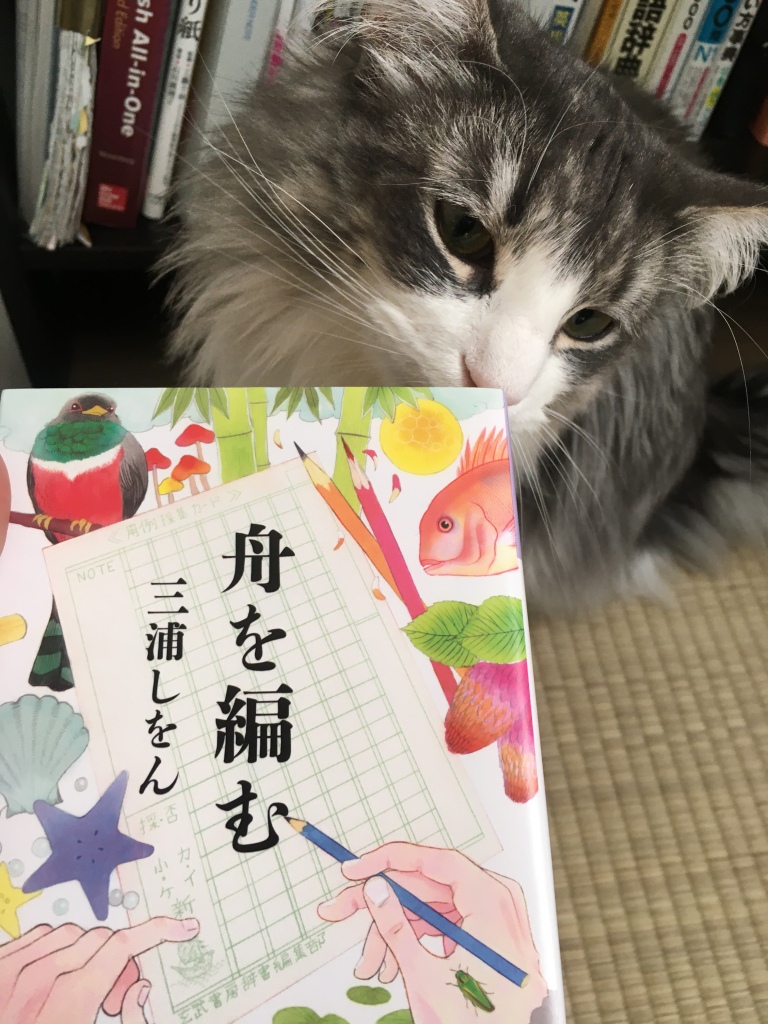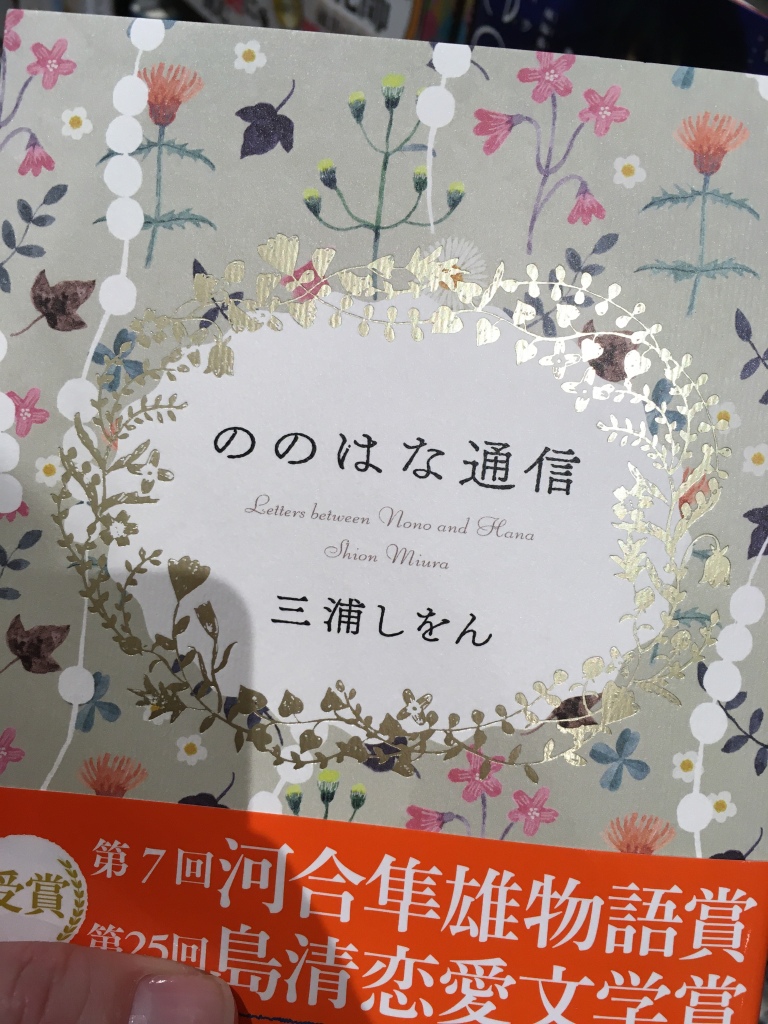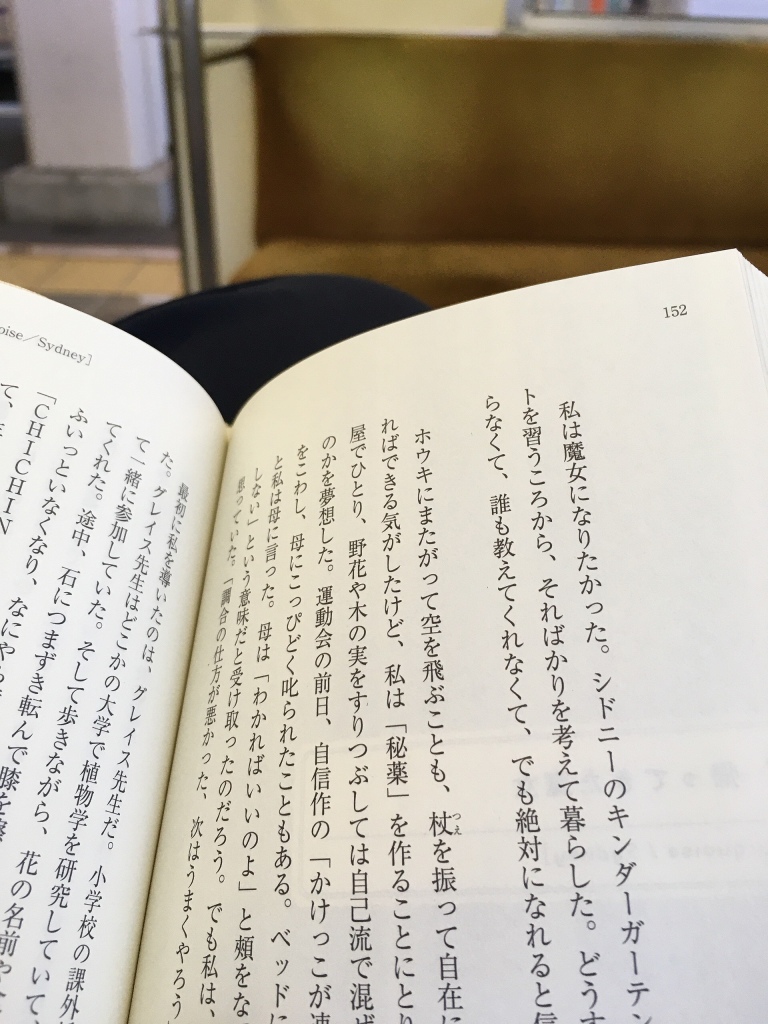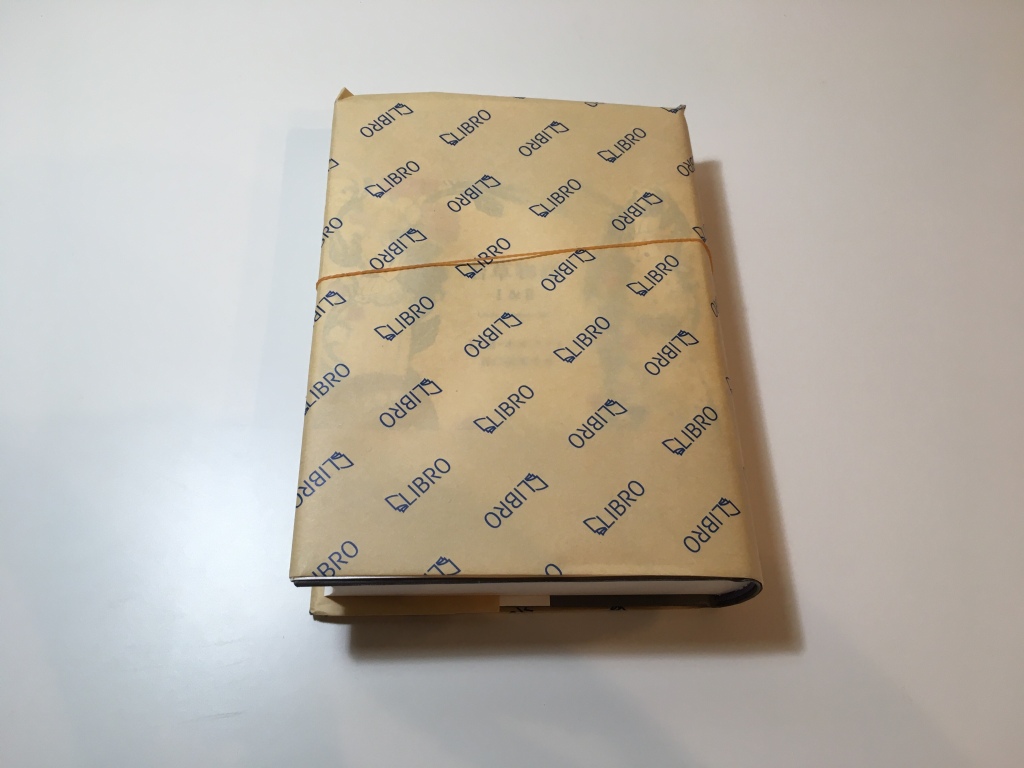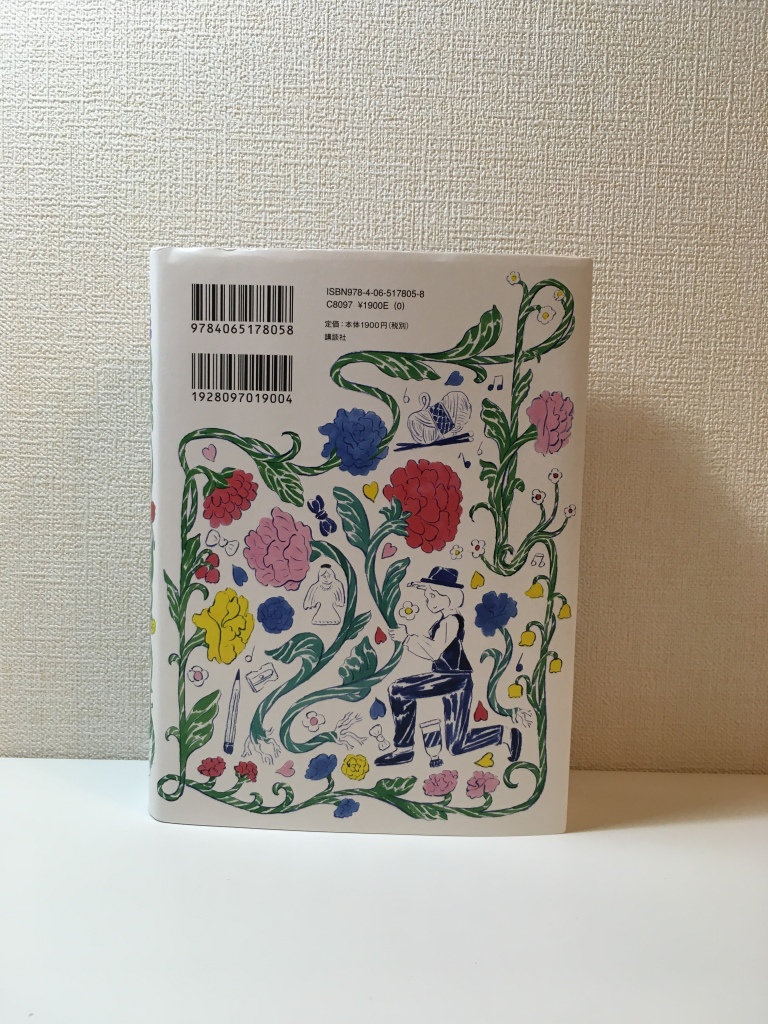


It is no secret I love translated fiction, without it I do not know where I would be. While I did pursue learning Japanese as a means of reading the novels I loved in their original language, I seem to be unable to reread them in Japanese and feel the same joy.
For example; Haruki Murakami. I read every book of his I could get my hands on, in English. I loved them. Whenever someone asked me why I was studying Japanese I would say because of Haruki Murakami and wanting to read his books in Japanese.
Now, was the first novel I read in Japanese by him?
No.
It was actually «If cats disappeared from the world» by Genki Kawamura.
I have, however, read some Murakami now. I read Norwegian Wood, a given, and I have read his essay collections, which are very enjoyable. But, while I have purchased and tried to read some of his short story collections and novels that have come out while I have been living here, I haven’t been able to enjoy them as I did with the English translations. They are different, as if I am looking at a completely different work. When Japanese people tell me «oh I can’t read him, his works are difficult to read», I cannot but agree. Like in 1Q84, there are two Murakamis (for me at least with English and Japanese, for Spanish speakers their Murakami will be different from the Murakami of a Chinese speaker and so on. I wonder if I meet a third Murakami if I pick up his books in Norwegian?).
While it was a bit of a letdown to have the purpose of my language learning become so estranged to me, I have been able to soothe my sorrow in new, yet to be translated works.
Not all have been in my top ten, but I have found some diamonds indeed, that I wish to be translated and shared with the world. Anyone know who to contact about this?
I know two of my favorites have been translated so far, the aforementioned «If cats disappeared from the world» and Shion Miura’s «The Great Passage», but I haven’t seen the below translated as of yet.

ののはな通信 by Shion Miura (currently reading it, but so in love already)
麦本三歩の好きなもの by Sumino Yoru (I remember loving reading this years ago, but couldn’t get into the second volume last year and so gave it away unread)

店長がバカすぎて by Hayami Kazumasa (So relatable and interesting turns)
52ヘルツのクジラたち by Sonoko Machida (All the tears)

Last, but not least, 木曜日にはココアを by Michiko Aoyama (currently reading the follow-up to this, 月曜日の抹茶カフェ)
Anyone who have read any of these books?





